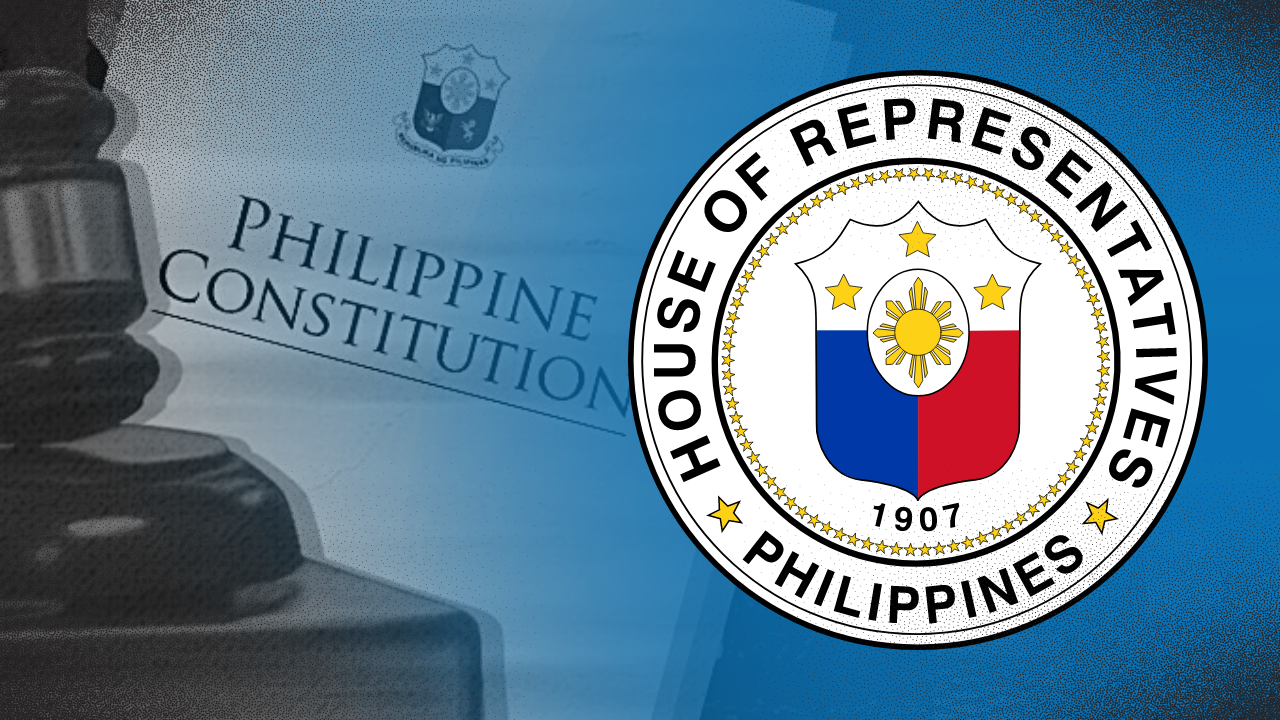Solon claims some UP profs are ‘anti-poor’ for opposing economic Cha-cha

INQUIRER FILE PHOTO
MANILA, Philippines — Cagayan de Oro 2nd District Rep. Rufus Rodriguez has accused a group of University of the Philippines (UP) professors as “anti-poor” for opposing the economic Charter change (Cha-cha) being pursued by the House of Representatives.
In a statement on Monday, Rodriguez claims that past and present UP School of Economics (UPSE) faculty members are trying to block development in the country by insisting that the House’s way of amending the 1987 Constitution means nothing to foreign investors.
“This group is anti-development, anti-employment, anti-economic progress, and anti poor,” Rodriguez said.
“They are trying to block economic Charter reforms which we believe will bring in more foreign direct investments (FDIs), which in turn will accelerate our country’s economic development, and create more job and income opportunities for our people,” he added.
Rodriguez was referring to a 42-page position paper made public by the UPSE professors in April, which said that the the proposed amendments — or the insertion of the phrase “unless otherwise provided by law” — would make Congress vulnerable to lobbying.
READ: UP economists seek ‘proof’ for Cha-cha
Under the House-approved Resolution of Both Houses (RBH) No. 7, the “unless otherwise provided by law” clause would be placed in the 1987 Constitution’s Article XII, Section 11; Article XIV, Section 4; and Article XVI, Section 11.
This means that if both the House and the Senate agree on the provisions of RBH No. 7 and it is ratified in a plebiscite, Congress will have the power to decide the percentage of foreign ownership in companies in the public utilities, basic education, and advertising sectors.
READ: House approves RBH 7 on third reading
Rodriguez said he understands that UP—where he took his law studies—has always taken a progressive stance and is the “bulwark of activism and academic freedom.”
However, the lawmaker said members of the UP community should not always find fault in the government’s initiatives.
“But its economists and other academicians should not find fault in every proposal from the government, including Congress. They should not oppose just for the sake of opposing,” he said.
“I do not agree that the other ingredients for attracting investments are more important than removing foreign equity restrictions in the Charter. These limitations are the root cause of the reluctance of foreign businesses to invest in our country,” he added.
Rodriguez also noted that key members of the UP community have thrown their support for the economic Charter change, like former finance secretary Gary Teves and former economic planning secretary Gerardo Sicat who are members of the Foundation for Economic Freedom (FEF).
“FEF leaders have the interest of the nation at heart. They firmly believe, as we do, that lifting foreign equity restrictions would bring in foreign direct investments, which in turn will create more job and income opportunities for our people,” the solon said.
READ: FEF: Economic Cha-Cha ‘necessary’ but not enough
This is not the first time, however, that concerns have been raised about Congress being swarmed by lobbyists should the power to set foreign ownership be vested with it. On February 27, former lawmaker and current Bayan Muna chairperson Neri Colmenares warned that the legislature would supposedly be “buffeted by intense lobbying and lobby money” from companies who want to insert favorable provisions.
“And of course Mr. Speaker, needless to say, if that were the case, Congress has the power to otherwise the Constitution, Congress will be buffeted by intense lobbying and lobby money from transnational corporations and many interests Mr. Speaker, Mr. Chair, to have their beneficial provision in the Constitution,” Colmenares said during the House committee of the whole deliberations on RBH No. 7.
But House Deputy Majority Leader and Mandaluyong City Rep. Neptali Gonzales II said such statements are only a scare tactic.
According to Gonzales, he considers Colmenares a friend, having served together in past Congresses, but he believes the warnings from the Bayan Muna official were merely a way to spread fear. — With reports from Ana Mae Malate, trainee